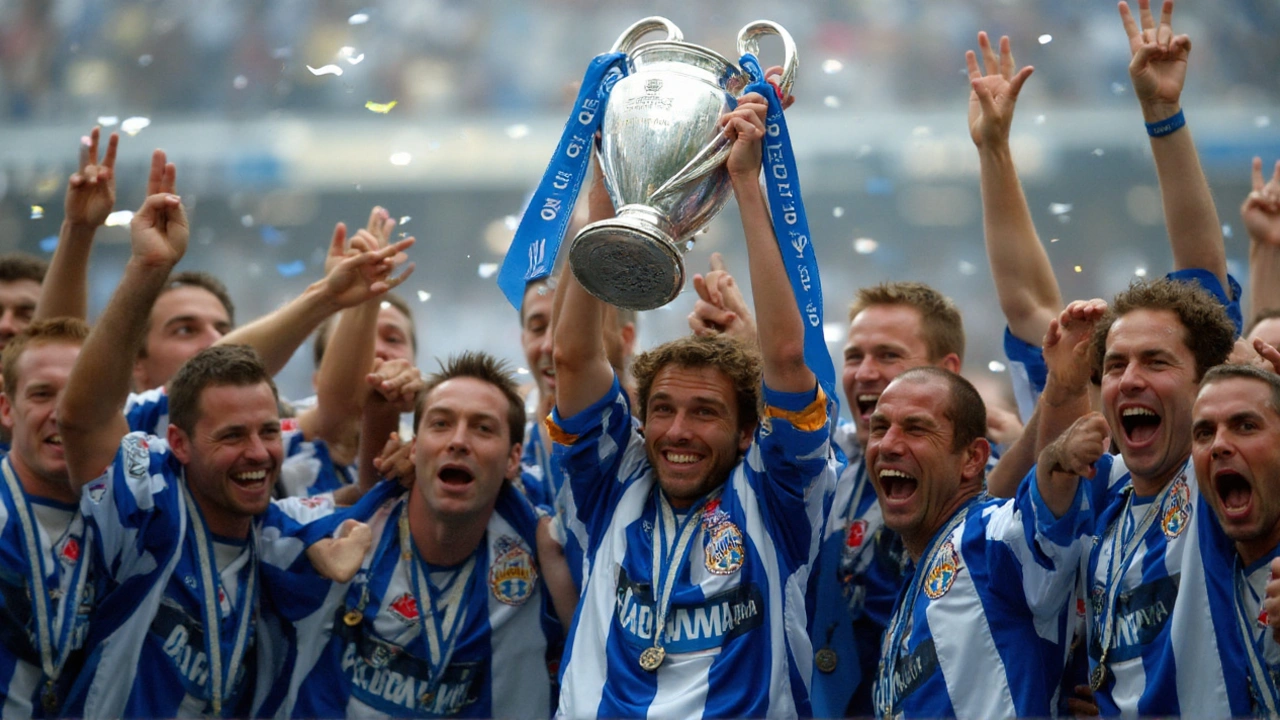Jorge Costa: From Porto's Captain Fantastic to Heartbreaking Farewell
The football world woke up to some shocking news on August 5, 2025: Jorge Costa, the hard-as-nails centre-back and iconic FC Porto captain, died suddenly aged 53. Costa suffered a cardiac arrest at Porto’s Olival training centre while going about his regular duties as the club’s director of football. Despite quick action from Porto’s medical staff and an emergency rush to São João Hospital, nothing could be done. His sudden passing cuts deeply, not just for Porto fans but for football lovers who remember his gritty leadership on big European nights.
Nicknamed “Bicho” (animal) and “Tanque” (tank), Costa played the game like there was no tomorrow. His entire playing career was almost exclusively tied to Porto, racking up 383 appearances over 15 seasons. He didn’t just play—he dominated, lifting trophy after trophy. Under the lights of 2004, with José Mourinho at the helm, Costa captained the club to its most famous triumph: winning the Champions League. Add eight Primeira Liga titles and the 2003 UEFA Cup, and you see a cabinet full to bursting. There are few players in Portugal (or Europe) who can brag about winning 24 major trophies with a single club.
Costa’s heart was always with Porto, even when he left for a brief spell in the Premier League with Charlton Athletic during the 2001/02 season. English fans didn’t get to see much of him, but those that did still remember his fearless tackles and no-nonsense attitude. Everywhere he played, it was the same—he made it clear you couldn’t mess with Jorge Costa in his box.
Internationally, he played 50 times for Portugal and featured at both a World Cup and a European Championship. He was never the most technically gifted defender, but what he lacked in flair, he made up for with fire. Portugal’s new generations of defenders often looked to him as the blueprint for leadership: backline general, motivator, enforcer all rolled into one.
Tributes and Memories: Mourning a True Warrior
After hanging up his boots, Costa didn’t step away from the game. He tried his hand at management, coaching 16 teams across the globe—from Gabon and Tunisia to Romania and India. Despite bouncing around, he always found his way back to Porto, taking up the director of football role in the last few years. His experience, both as a leader on the pitch and a mentor off it, kept his legacy alive well after his playing days were over.
He also overcame serious health scares. In 2022, a heart attack forced him to undergo catheterization. Friends and former colleagues worried, but Costa came back to work determined as ever. His iron will couldn’t outmatch fate forever, but it sure left a mark.
The reaction to his death was instant and emotional. Cristiano Ronaldo posted a message of respect, while legendary teammates like Deco and Pepe shared memories of grueling training sessions, big games, and the “spirit” Jorge embodied. Former Charlton boss Alan Curbishley, too, pointed out Costa’s ability to win over dressing rooms with sheer character. And José Mourinho, who steered Porto’s 2004 miracle and called Costa a “warrior,” admitted to tears—“He would want me to do my job. I’ll cry after.”
This isn’t just another football loss. Porto fans are already reeling from recent tragedies, having lost former players Diogo Jota and Andre Silva. Costa’s passing flips open old wounds and leaves the blue-and-white faithful without one of their most trusted legends. Autographs may fade, trophies gather dust, but for those who watched him bulldoze through attackers or raise the Champions League trophy, Costa was, and always will be, irreplaceable.
